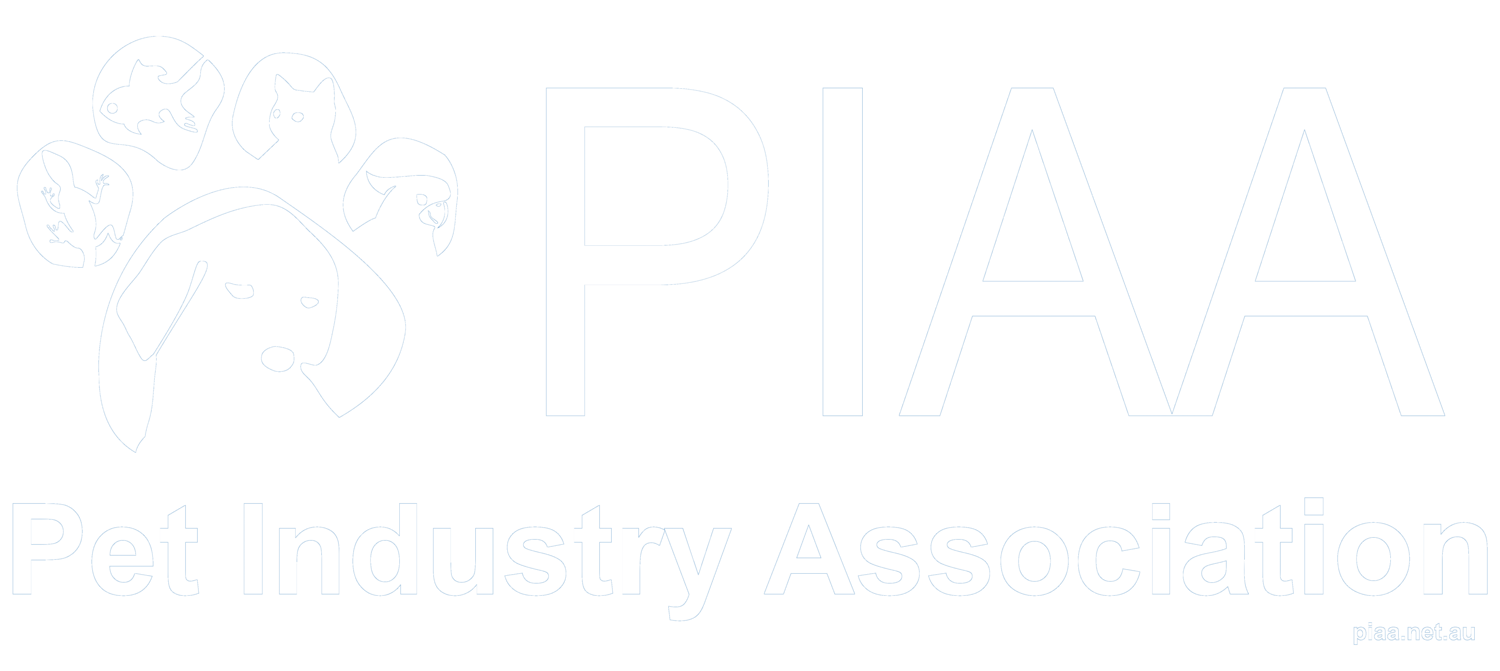Aquatics advocacy and current issues-Threats to our aquarium industry & the fish species we keep.
Over the last few months, we have seen some significant developments in the Aquatics space.
The Department of Climate Change, Energy, Environment & Water (DCCEEW) have begun consultation of the proposed changes to the Environment Protection, Biodiversity & Conservation Act (EPBC). These changes stem from the Samuels review and set to ensure that the act is:
Delivering better environmental protection and laws that are nature positive.
Speeding up decisions and making it easier for companies to do the right thing.
Restoring integrity and trust to systems and environmental laws ensuring conservation is considered first and foremost in all decision making.
This all sounds great in theory, but the details are scant when the DCCEEW is asked what specifically this means for our aquarium fish? PIAA are participating in consultations with the department around these changes and have submitted a list of requests that we would like to see recognised and adopted in relation to how the EPBC act deals with aquarium fish.
The above changes to the act WILL set the regulatory framework to how the live import list manages ornamental fish imports and what is legal to keep into the future. This is particularly important as the “grey list” of fish (that is ornamental fish that a historically kept, bred and openly traded in Australia, but not approved for live import) is currently under review with the department working toward a utopian position that would see fish not on the live import list declared as prohibited and unable to be kept, bred or sold.
Given there are well over 450 species that fall into this grey list category. the stakes have never been higher for the future range and diversity of species our industry is able to sell into the future. PIAA have already spent over two and a half years participating in a risk assessment process for these grey list species. Encouragingly the results of these risk assessments appear to bode well for 90%+ of “grey” species assessed with a low environmental risk.
PIAA must continue to strongly advocate for our industry to ensure the right decisions are made and that no arbitrary measures are enacted that would take hundreds of species away from us. PIAA strongly supports adding low risk species to the live import list, as this will ensure proper biosecurity measures are in place and all but destroy the ivory trade market that exists in the illicit trade of ornamental fish. We cannot rest on our laurels, if we are not united and strong in our advocacy, we could easily lose all 450+ grey list species from the trade in Australia all together.
We have also been informed by Biosecurity Australia that they have commenced reviewing the import risk assessment (IRA) to consider approving the import of captive bred marine fish. This process however will also include a review into the effectiveness of current quarantine policy of ornamental fish coming into Australia. While to ultimate outcome of finally being allowed to legally import captive marine fish will be a huge positive for our industry, there is a risk we could see greater import and quarantine conditions applied to ALL ornamental fish imports into Australia. PIAA are in regular contact with Biosecurity Australia and will continue to represent the interests of the Australian aquarium industry to ensure that unnecessary trade restrictive policies are not implemented.
PIAA will always advocate for the least trade restrictive outcome to any changes to government, legislation, policy or regulations whilst ensuring our industry obligations to environmental protection are fulfilled.
We will keep you all updated over coming weeks and months of any developments. It’s never been more important to join PIAA, so if you aren’t already a member join now, as there will be no point complaining into the future if new regulations hurt our industry if you didn’t take the opportunity to join when we can still make a difference. The more businesses we represent, the greater our strength and voice is


